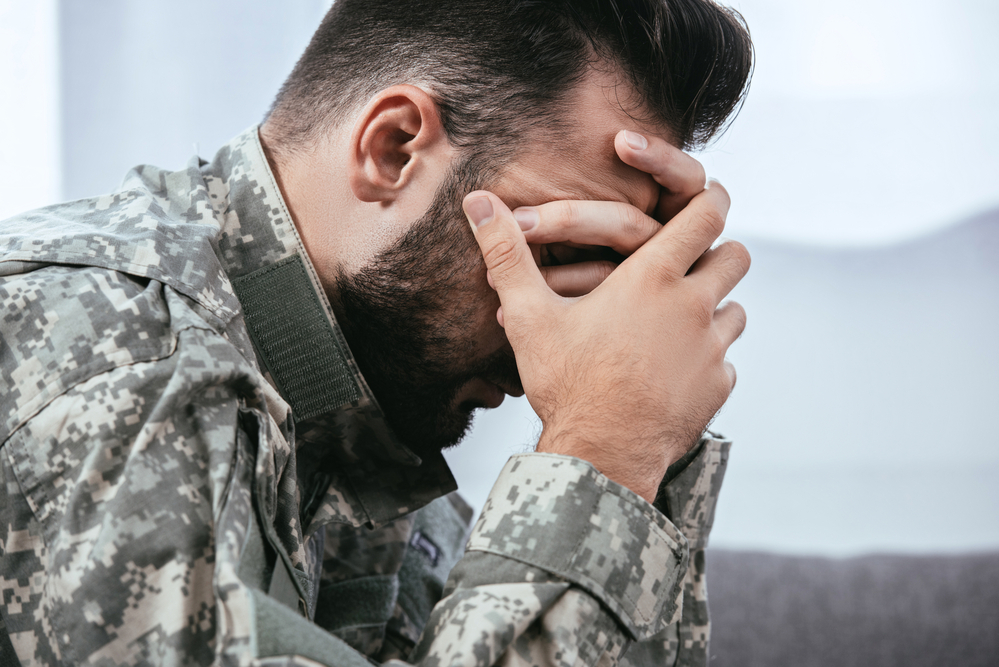Post-Traumatic Stress Disorder (PTSD) stands as a formidable adversary for many military veterans, leaving an indelible mark on their lives. Stemming from the intense and often traumatic encounters during combat and military engagements, this mental health condition manifests in a myriad of ways. Veterans grappling with PTSD often find themselves ensnared in a labyrinth of distressing symptoms, from haunting flashbacks to debilitating anxiety and a heightened state of vigilance. These manifestations, in turn, cast a long shadow over their daily existence, profoundly affecting their ability to function and diminishing their overall well-being.
The transition from the regimented, high-pressure environment of military service to civilian life presents a unique set of hurdles for veterans. The wounds they carry, though invisible to the naked eye, run deep and complicate this journey. Feelings of alienation, the struggle to reconnect with loved ones, and the challenge of finding purpose outside the military compound the burden of PTSD, exacerbating its symptoms.
Comprehending PTSD in veterans extends beyond mere recognition of its symptoms; it necessitates an acknowledgment of its far-reaching impact on their mental health and quality of life. This understanding prompts the development and implementation of robust support networks, therapeutic strategies, and community resources. Through a deeper understanding of the complexities of PTSD, society can better honor the sacrifices of these brave individuals, offering them the support they need to navigate their path toward healing and tranquility beyond the battlefield.

Infographic provided by Veteran Car Donations, a top company for yacht donations









